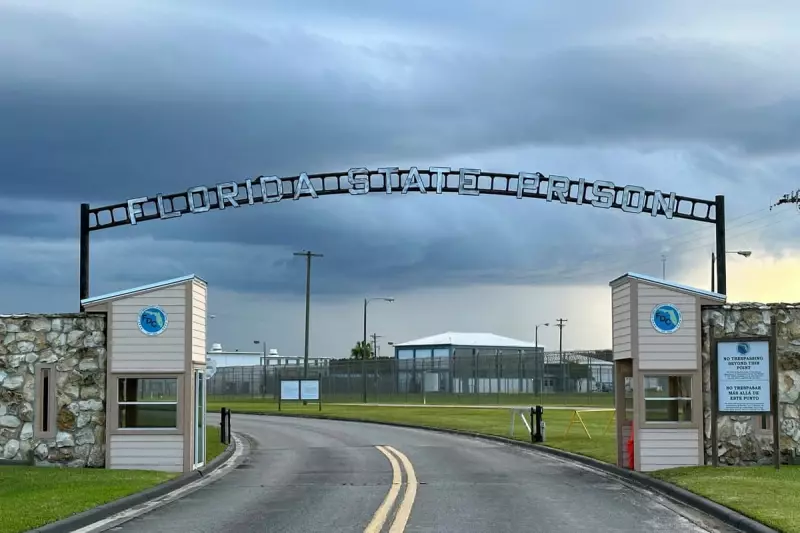
In a landmark move that's sending shockwaves through legal circles, Florida Governor Ron DeSantis has enacted sweeping reforms to the state's death penalty system. The controversial legislation represents one of the most significant expansions of capital punishment in recent American history.
Lowering the Bar for Executions
The most dramatic change sees Florida slashing the jury threshold required to impose death sentences. Under the new law, a simple majority of 8-4 among jurors is now sufficient to recommend execution, abandoning the previous requirement for unanimous decisions that had stood for decades.
This radical departure from legal norms places Florida at odds with nearly every other death penalty state in America, where unanimous jury recommendations remain standard practice.
Expanding Execution Methods
Beyond jury requirements, the legislation introduces what critics are calling a "menu of death" by broadening acceptable execution methods. The law now permits:
- Electrocution as a primary method
- Lethal injection using previously secret drug combinations
- Firing squad executions
- Any method constitutionally permissible under the Eighth Amendment
This expansion comes as multiple states struggle to obtain lethal injection drugs amid pharmaceutical company boycotts.
International Condemnation and Legal Challenges
The reforms have drawn immediate criticism from human rights organisations worldwide. Amnesty International has condemned the move as "a giant leap backward for human rights," while legal experts warn of inevitable constitutional challenges.
Opponents argue the legislation violates fundamental principles of justice and increases the risk of executing innocent people. The lower threshold particularly concerns justice advocates, who note that Florida leads the nation in death row exonerations.
Political Context and Timing
Governor DeSantis signed the bill amidst his ongoing political campaigns, leading critics to question whether the timing reflects genuine policy concerns or political positioning. The move reinforces Florida's reputation as having one of America's most active death chambers.
Supporters argue the changes will deliver swifter justice for victims' families and address what they describe as unnecessary delays in capital cases. However, legal experts predict the legislation will actually create more delays through extensive court challenges.
The Future of Capital Punishment in Florida
With these changes, Florida joins a small group of states actively expanding rather than restricting capital punishment. The reforms signal a significant shift in American death penalty jurisprudence and are likely to influence similar debates in other conservative-led states.
As legal challenges prepare to work their way through the courts, the world watches to see how this bold experiment in capital punishment will unfold in one of America's largest death penalty states.





